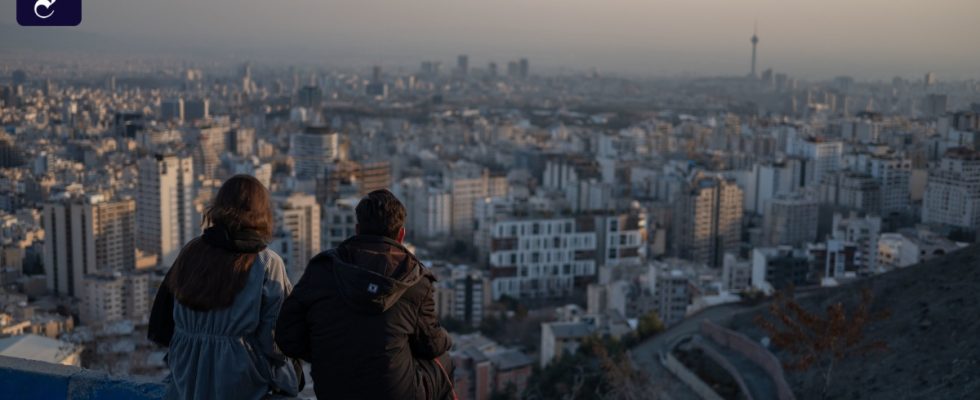Dhe American Secretary of State Antony Blinken called it “the beginning of the end of the nightmare”: After months of negotiations in strict secrecy, Iran has released five Americans from custody and placed them under house arrest. Before they could travel to the United States, “more work” was needed, Blinken said. It is a first visible step in a complex process that is delicate for both President Joe Biden and the Iranian leadership.
From an American point of view, it is about bringing home five citizens, some of whom have been imprisoned for years – wrongly, as Washington emphasizes. In return, Tehran is demanding access to $6 billion in oil deals frozen by banks in South Korea in 2018 after the United States pulled out of the JCPOA nuclear deal under President Donald Trump. In addition, five Iranians who are being held in American prisons for violating sanctions are to be released. The Iranian mission to the United Nations in New York confirmed late Thursday evening that both sides had agreed in principle to “release and pardon five detainees” each.
The deputy chief of staff in the Iranian presidential office, Mohammad Jamshidi, wrote on Platform X that the Americans, who are now under house arrest, are only allowed to leave Iran “when the money has been transferred in full”. The process of releasing the money has “begun”. Deputy Foreign Minister Ali Bagheri Kani wrote that Tehran received “guarantees” from Washington that the funds would be disbursed.
Qatar is supposed to manage the billions
What he didn’t say: According to a report in the New York Times, Iran should not be given free disposal of the money. Instead, the billions should be managed by Qatar. This is to ensure that Tehran only buys food and medical supplies from it. They have always been exempt from American sanctions. The foreign ministry in Tehran downplayed the restriction, saying Iran had the power to decide what to do with the money. For Tehran, it is an important concession in times of economic hardship and political tension. In July, a member of the Iranian parliament’s health committee said many essential medicines were no longer available in the country. He spoke of a “big crisis”.

Does the nightmare end? Foreign Minister Antony Blinken on Thursday
:
Image: EPA
The first signs that there was movement behind the scenes had been there for months. In July, Iraq, like South Korea, released billions of dollars in frozen Iranian oil assets. In this case, too, they could only be used for humanitarian goods. Tehran is hoping for a similar move from China, which has also blocked payments for Iranian oil and gas that has already been delivered.
The American special envoy has been put on leave
As early as March there had been speculation that a prisoner exchange was imminent. At least one of the Americans released from prison had previously been placed under house arrest but was arrested again shortly thereafter. The process may have been complicated by the fact that the US special envoy for Iran, Rob Malley, was put on leave in June. According to media reports, the background is a review of his handling of classified documents.

